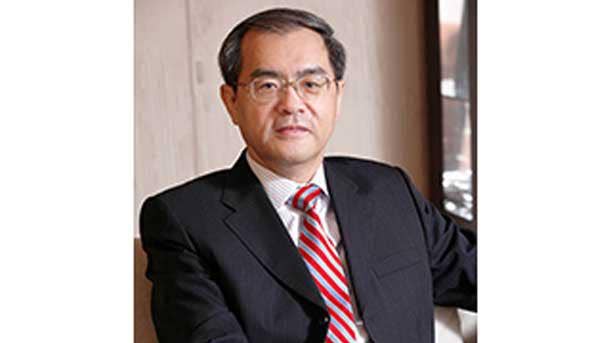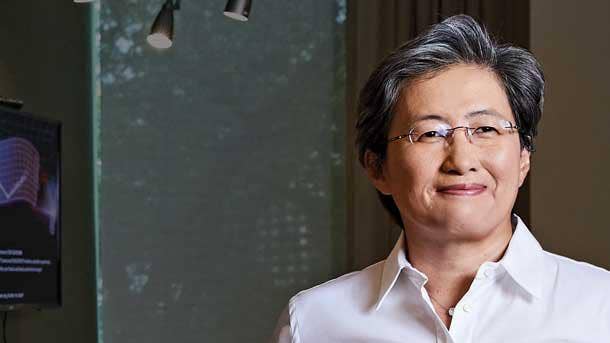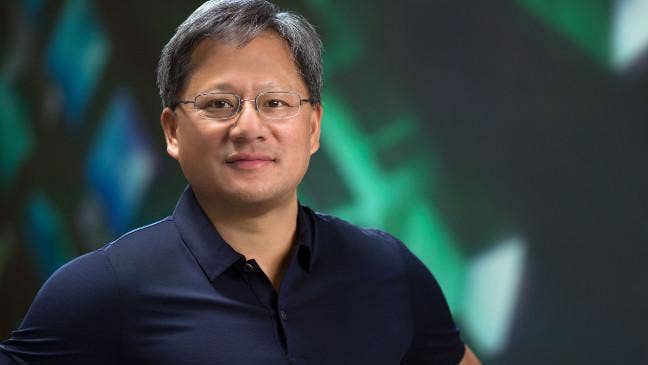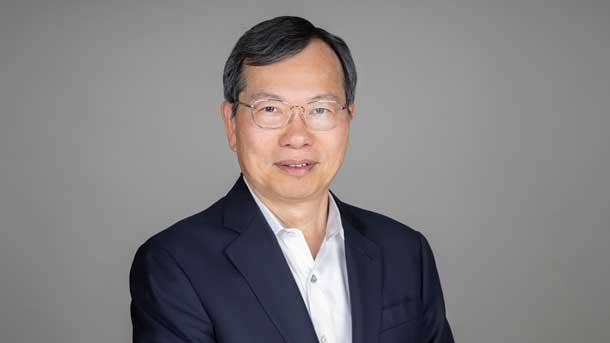The 10 Coolest IoT Hardware Companies: The 2021 Internet Of Things 50
Innovations in hardware are enabling a variety capabilities in IoT, including AI performance and 5G. What follows are the 10 coolest IoT hardware companies of 2021.

Addressing IoT’s Unique Hardware Requirements
If Gartner’s forecast was correct, IoT endpoints reached 5.8 billion at the end of last year, underlying the need for the proliferation of hardware that can collect, process and analyze data at the edge with high efficiency and at breakneck speed.
This requires continued innovation by semiconductor companies that are constantly finding ways to optimize the performance and power consumption of increasingly smaller chips. It also requires OEMs to integrate such silicon into all sorts of new computers and servers that can address the space, power and other unique requirements of IoT applications.
As part of CRN’s 2021 Internet Of Things 50 list, here are the 10 coolest IoT hardware companies of 2021 that are working on such innovations and leading the way, from the chipmakers to the system makers.

Advantech
KC Liu, Chairman
Taipei, Taiwan-based Advantech provides vertical-specific hardware offerings for IoT applications, ranging from self-service kiosks for retail to machine vision systems for manufacturing. One of the company’s latest offerings is the MIC-75G30 dual GPU expansion module for its MIC-7 industrial PCs that enables 3-D image processing and vision applications in industrial settings.

AMD
Lisa Su, President, CEO
Santa, Clara. Calif.-based AMD is taking its latest advances in chip architectures for PCs and servers to industrial IoT with embedded variants of its Ryzen and EPYC processors. The company’s latest offerings include the Ryzen Embedded V2000 series, which uses the company’s 7-nanometer architecture to combine high performance with increased power efficiency and longevity.

Cisco Systems
Chuck Robbins, Chairman, CEO
San Jose, Calif.-based Cisco is expanding its IoT connectivity capabilities through a new integration with Amazon Web Services’ IoT Core service, which is now capable of receiving industrial data from the company’s Edge Intelligence software. The company has also improved its ability to reach critical, on-the-move IoT applications with its 2020 acquisition of Fluidmesh Networks.

Dell Technologies
Michael Dell, Chairman, CEO
Round Rock, Texas-based Dell Technologies is pushing the envelope on edge computing for IoT applications with new servers that operate in space-constrained and harsh operating environments. The company is also building a new edge computing platform with VMware and SK Telecom to provide private 5G in a multi-edge compute box for health care, retail and other industries.

Hewlett Packard Enterprise
Antonio Neri, President, CEO
Houston based Hewlett Packard Enterprise is making big moves with its intelligent edge strategy, which includes the company’s portfolio of Edgeline systems and Aruba network infrastructure. The company’s Aruba business recently unveiled a joint offering with Microsoft Azure called Aruba IoT Transport for Azure, which is meant to simplify IoT device connectivity.

Intel
Pat Gelsinger, CEO
Santa Clara, Calif.-based Intel is enabling a new level of performance and capabilities for IoT applications with custom-tailored processors and its OpenVINO software. The new 11th-generation Intel Core processors for IoT come with features like Intel Time Coordinated Computing while the Atom x6000E series features a dedicated offload engine for IoT workloads.

Lenovo
Yang Yuanqing, Chairman, CEO
Beijing-based Lenovo is continuing to expand its portfolio of edge computers for IoT applications in different form factors. This includes the compact ThinkCentre M75n IoT, which is designed for collecting and analyzing data in real time in space-constrained environments. More recently, the company unveiled the ThinkEdge SE30 and SE50 embedded computers.

Nvidia
Jensen Huang, President, CEO
Santa Clara, Calif.-based Nvidia is taking its GPU prowess to edge computing for IoT applications with products like the tiny Jetson Xavier NX system-on-chip. The company announced last year an expansion to its EGX edge AI software with new support for the Jetson chip and for the EGX A100, which combines Nvidia’s most powerful GPU with a Mellanox SmartNIC.

Qualcomm
Steve Mollenkopf, CEO
San Diego-based Qualcomm is expanding its mobile chip capabilities to IoT with new processors and offerings. This includes the Qualcomm 212 LTE IoT modem, which it calls the “world’s most power-efficient” single-mode chipset for NB-IoT network connectivity. The company’s new Qualcomm IoT Services Suite, on the other hand, provides services for developing IoT applications.

Supermicro
Charles Liang, President, CEO
San Jose, Calif.-based Supermicro is bringing to market new industry-specific hardware offerings for IoT applications with technology partners. This includes its new Intelligent Retail Edge offering, which combines the company’s edge servers and gateways with Nodeweaver’s universal edge fabric software and NetFoundry’s zero trust Networking-as-a-Service offering.